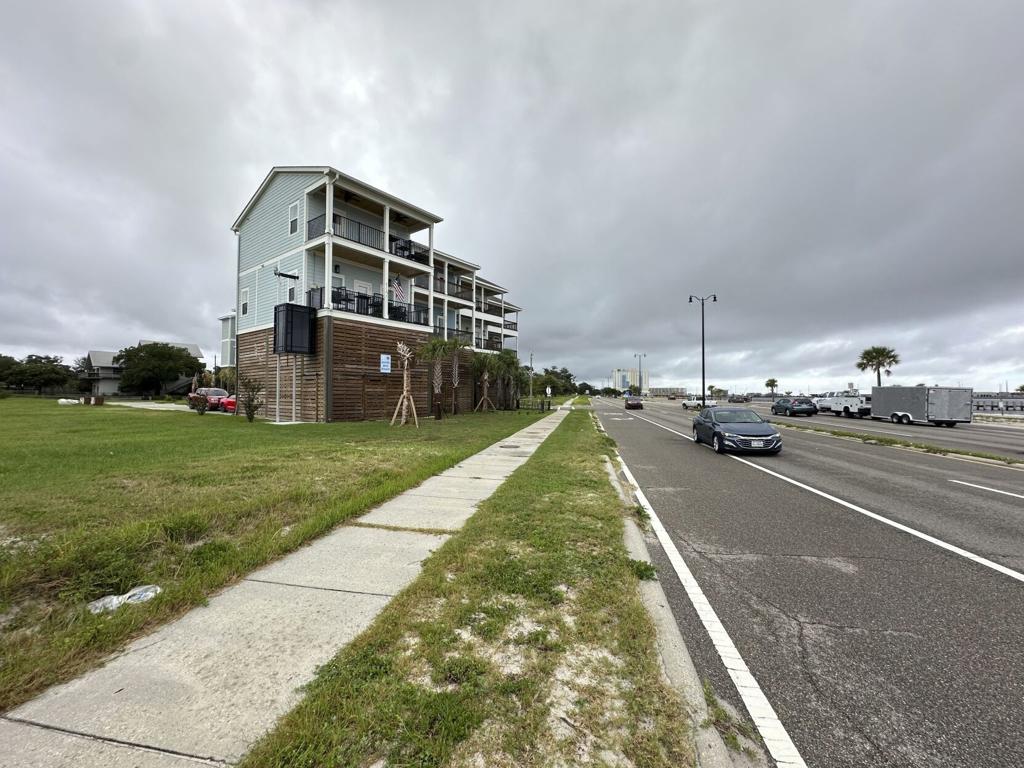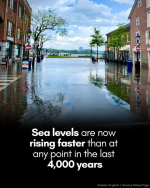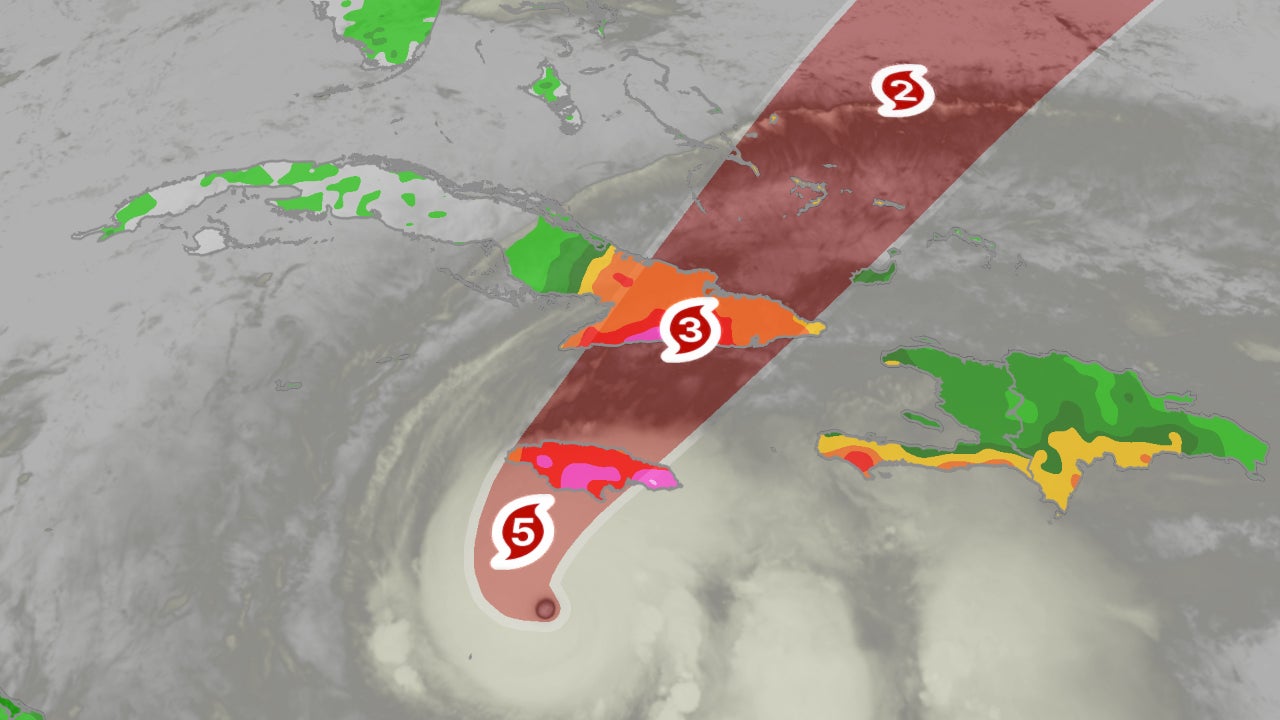Shiftless2
Well-known member
A Mississippi city's tax break spurred post-Katrina building. But will homes stand the next storm?

GULFPORT, Miss. — Rocking on his front porch overlooking the Mississippi Sound, former Gulfport Mayor Billy Hewes questions how anyone wouldn't want to live there.
"People are always going to gravitate to the water," he said. "And we have a beautiful waterfront."
But it was far from certain that people would return after 2005's Hurricane Katrina, which killed 238 people in Mississippi and left only concrete slabs in many areas. With beachfront rebuilding crawling along a decade later, Gulfport began offering .....
MORE>
=======================================================
=======================================================
20 years after Hurricane Katrina, its effects continue to influence flooding legislation
Key Points
- Hurricane Katrina caused widespread devastation and approximately $161 billion in damages, prompting significant changes to Louisiana's flood laws.
- Louisiana established the Coastal Protection and Restoration Authority and invested in infrastructure projects like the $14.5 billion Hurricane and Storm Damage Risk Reduction System (HSDRRS).
- Senator Bill Cassidy highlighted his role in securing funding for levee construction and efforts to reform the National Flood Insurance Program (NFIP) to make it more affordable and sustainable.
- The NFIP faces significant debt due to Hurricane Katrina, impacting premiums for policyholders statewide.
- Post-Katrina legislation improved disaster preparedness and response, and inter-parish support networks were strengthened for future evacuations.
In response to Katrina's devastation, Louisiana introduced significant changes to its flood-related laws and policies to addresses flaws in ....
MORE>












